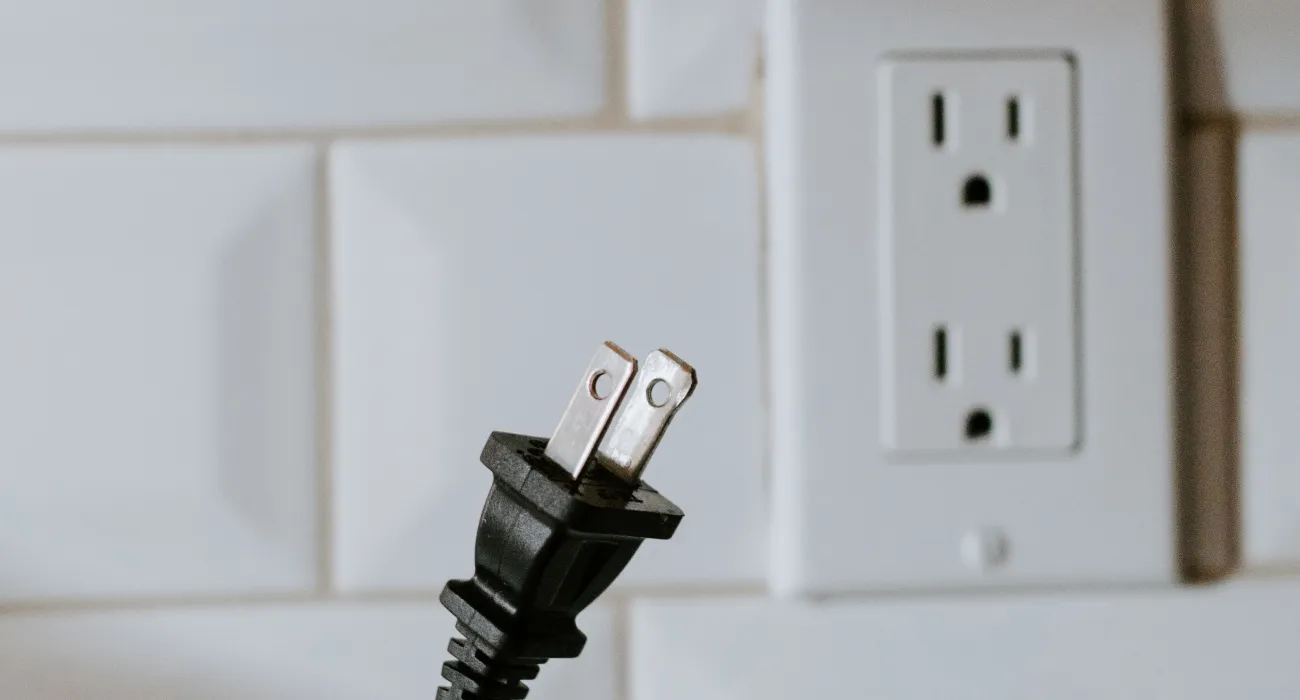If you've noticed that your electric bill has been increasing lately, you're not alone. The average electricity rate has been on the rise in recent years, and there are a number of factors that can contribute to high electric bills.
If you're like most people,
your electric bill is one of your biggest monthly expenses. Understanding why
it's so high can help you take steps to reduce it. Here are four common reasons
why your electric bill may be too high.
1. Check Local Electric Rates
Most people have no idea how much they pay for electricity each month. They just assume that the bill is high because they used a lot of electricity that month. However, there are other factors that can affect your electric rate, such as time-of-use billing, demand charges, and fuel costs. To get a clear picture of why your bill is so high, you need to check your local electric rates.
By doing this, you can find out if you're being charged more than other customers in your area. You can also find out if your rates have changed recently. If they have, then you may want to switch to a different electricity provider.
Checking your local electric
rates is the best way to figure out why your electricity bill is so high.
2. Did You Just Turn the Heat On?
As the weather gets colder, many people find themselves reaching for the thermostat. And while turning up the heat may make your home feel more comfortable, it can also lead to an unwelcome surprise when your electric bill arrives.
So why does heating your home have such a big impact on your energy usage? The most important factor is the type of heating system you have.
Systems that use forced air, such as furnaces and heat pumps, tend to be much more efficient than those that rely on radiant heat, such as baseboard heaters. In addition, the age and condition of your heating system will also affect its efficiency. If your furnace is more than 20 years old, it may be time for an upgrade.
Making some simple changes to the way you use your heater can also help to reduce your energy consumption. For example, setting the temperature a few degrees lower and wearing warmer clothing can make a big difference.
By taking these steps, you can
help to keep your energy bill under control this winter.
3. You May Need to Do Some Maintenance On Your Appliances
If you've been noticing that your electric bill has been creeping up lately, it may be time to do some maintenance on your appliances.
First, check to see if any of your appliances are outdated and in need of replacement. Older appliances tend to be less energy-efficient, so upgrading to a new model can help reduce your electricity consumption.
Additionally, make sure that all your appliances are properly plugged in and not leaking any power. If any of your appliances are loose or damaged, they may be using more electricity than necessary.
Finally, take a look at your
overall energy usage and see if there are any areas where you can cut back.
Even making small changes, like turning off lights when you leave a room or
unplugging electronics when they're not in use, can add up over time and help
lower your electric bill.
4. You Might Need to Get Rid of Energy Vampires
If your electric bill is through the roof, energy vampires could be to blame.
Energy vampires are devices that continue to draw power even when they're turned off. They can include everything from cell phone chargers to coffeemakers.
While they may not seem like
much, energy vampires can add up to a significant portion of your electricity
usage. In fact, standby power can account for up to 10% of a household's energy
use. The best way to combat energy vampires is to unplug devices when they're
not in use. If that's not possible, you can also invest in a power strip with
an on/off switch.
Final Thoughts
Do any of these reasons apply to you? If so, there are things you can do to reduce your electric bill and save money each month. Start by investigating the options available to you through your utility company and making changes where necessary.
You may also want to consider installing a smart thermostat or using energy-saving appliances to further reduce your electricity consumption.
With a little effort, you can
bring down that high electric bill and save some money!
